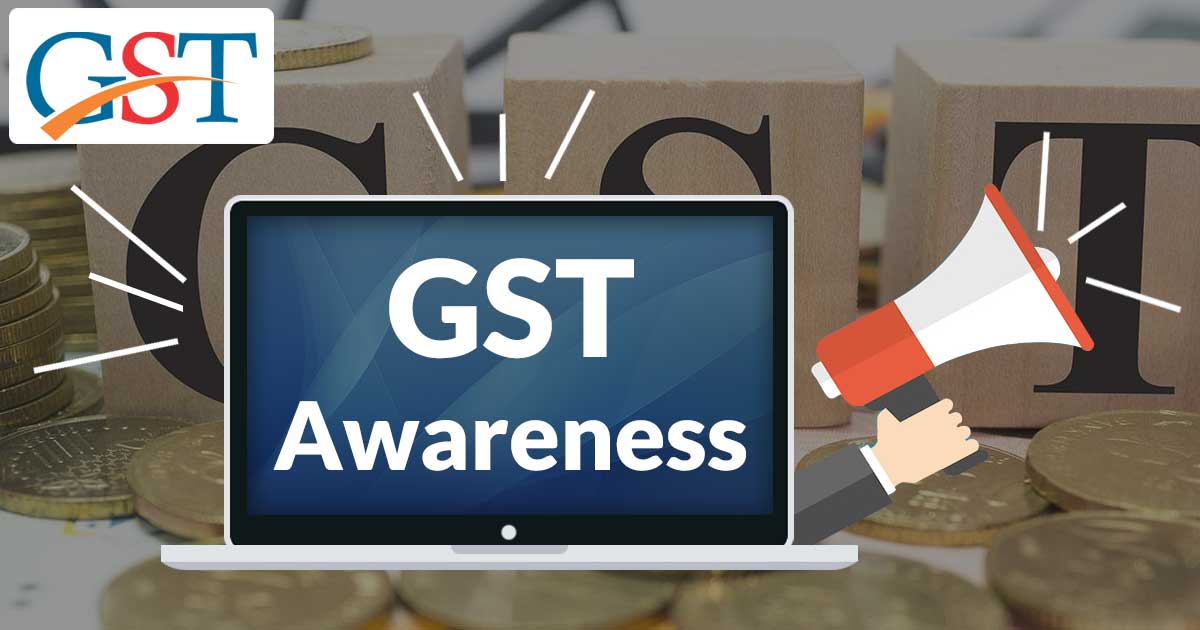To deal with the tax-evaders, the anti-black money drive is established with the full power of strict compliance laws. To treat the evaders in a better way, the GST laws are designed in such a way to protect the taxpayers and extract out the tax-evaders in a check. Despite being complex and monotonous, the laws are so objective for the audit tracking of a tax evasion check.
Critical Implementation of Tax-Evasion Drive
The matching procedure of tax paid will start after the successful submission of GSTR-1, 2 and 3 form. The GST e-way bill also plays an important part in tracking the supply of Goods and Services and it will come into effect by the next fiscal year. In between the gap of e-way bill implementation, GSTN system will find time to resolve the technical issues with a common portal of GST filing. The government is not in rush to catch the tax-evaders as they don’t want to forgive them due to lack of evidence.
The tax department is aware of the current problems faced by taxpayers while filing the returns to GST portal. Apart from GSTN system, the Infosys also wants to sort out the technical issues being faced by the taxpayers. But it will take six to nine months to resolve the issues and after that, the flow of filing will become smooth. This duration can be proved to be a chance for tax-evaders to pay taxes in the meantime the GSTN system is being ready for easy filing.
Due to digital proof of tax filing, it will be difficult for tax evaders to hide the truth and flew away. The time period is perfect to train the state and central government officers to ready for smooth compliance. Government is ready to set a rigid and strong framework for tax-evaders whether it takes two years to make such a system or less.
Cash Slip System Needs To Extract Out
Tax-evasion has become a integral part of the business by traders. Heavy cash deposited during demonetization is the clear proof about cheats in the country. During November and December 2016, Rs. 2.89 lakh crores cash was deposited in the respective accounts. Total 18 lakh accounts were being deposited by that money and the accounts are now under the scrutiny of Tax Department. The accounts are divided into three categories, which are low risk, medium risk, and high-risk accounts. Accounts which are identified under medium and high risk may be of the tax-evaders.
Read Also: GST Online Payment Guide for Small Taxpayers India
Generally, tax evasion happens due to the practice of kuchha bill books and cash transactions. In this practice, the cash payment is done under supply chain while supplying the goods. The cash slip fashion starts from wholesale markets. The organized sector including manufacturers and traders doesn’t sell the goods without the bills or against cash. The distributors owing wholesale market normally arrange the cash tradings to escape from tax.
Every 1 product out of 4 products is sold out in cash but the kuchha bill system doesn’t show the number of products being sold out. The cash slip only shows the transaction amount being transferred between the two parties.The simple paper bill with few words describing the due amount of lakh or crores is maintained by the parties. The transaction of cash generally takes place after 7 days or 15 days. So it is necessary to extract out the cash slip system from the country.









